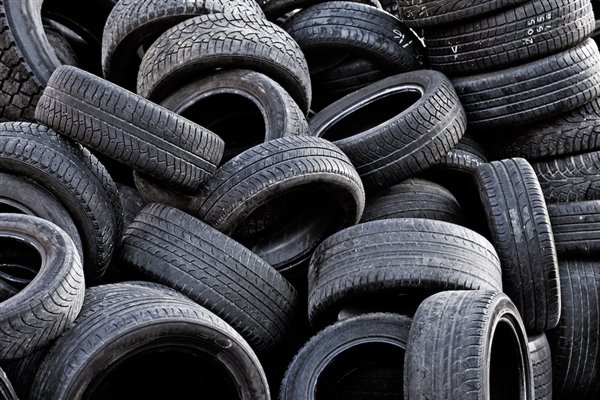Whispers of a new ‘tyre tax’ raise concern in the motoring industry
24 April 2023

Department for Transport (DfT) consultants are currently exploring methods to tackle rising emission levels which has led to concern that a new ‘tyre tax’ could be introduced.
According to the RAC, a tyre tax could heavily impact on families who are already suffering the current cost of living crisis and there is concern about how such a tax would be managed.
The implementation of a tyre tax could also increase tyre safety risks, as people may delay changing worn tyres for longer because they cannot afford to pay it.
A spokesman for the UK Government told the Telegraph Newspaper, “We want to better understand the impacts of non-exhaust emissions, such as tyres, on the environment which is why we're conducting research on the matter. This research was not commissioned to inform tax policy development.”
The investigation was sparked by a report by Imperial College London (ICL) into the impact of toxic emissions from tyres. The Transition to Zero Pollution initiative stated that tyre wear could continue the issue of particulate matter in Britain, despite a reduction in fuel emissions through electric vehicle uptake.
This is because, according to the initiative’s findings, more than six million tonnes of tyre wear particles are released globally each year, and in London alone, 2.6 million vehicles emit around nine thousand tonnes of tyre wear particles annually.
Imperial’s Department of Mechanical Engineering and lead author of the report Dr Zhengchu Tan said, “Tyre wear particles pollute the environment, the air we breathe, the water run-off from roads and has compounding effects on waterways and agriculture. Even if all our vehicles eventually become powered by electricity instead of fossil fuels, we will still have harmful pollution from vehicles because of tyre wear.
“We urge policymakers and scientists to embark on ambitious research into tyre wear pollution to fully understand and reduce their impacts on biodiversity and health, as well as research to reduce the generation of these particles.”
Authors of the report also recommended that the government should introduce a standardised system to help measure environmental tyre wear levels and their toxicity. It also recommends a reduction in limits on the use of harmful components in tyre materials in order to reduce ‘harm to land and water species and in humans’, and trials to better understand the short and long-term effects of particles on the environment and human health.
RAC roads policy chief Nicholas Lyes said, “Talk of a tyre tax, while incredibly premature, could do more harm than good by causing more injuries and deaths on our roads by putting drivers off replacing worn out tyres when they should.
“If levied at the point of sale, it would lead to cheaper tyres being taxed more heavily as they are far more likely to wear more quickly and shed a higher number of particles into the environment and better-quality ones being taxed less.
“Making cheaper tyres more expensive would no doubt cause some to continue driving on illegal tyres, compromising road safety for everyone.”
Contact us for minibus leasing
We at Marshall Minibus are proud to serve schools, charities and care homes throughout the UK.
Our minibus leasing contracts are flexible, with tailored payment plans to suit your budget and you can choose from a range of vehicles from 8-seater and 9-seater minibuses all the way through to 17-seater minibuses.
To find out more, please contact us by calling 01480 220444 or emailing info@marshall-minibus.co.uk.
Back to Blog listings